In this article we show you how to use the workout builder for bike and run sessions. Once you have built the session in Xhale you can easily sync it to your Garmin so you can follow it once you are training.
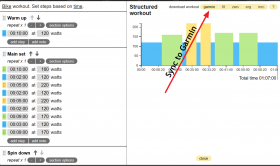

In this article we show you how to use the workout builder for bike and run sessions. Once you have built the session in Xhale you can easily sync it to your Garmin so you can follow it once you are training.

In the second of our Race Ready articles, Sam Wordley talks you through how to get specific about the demands of the race you have chosen. Reading the race manual and checking your kit matches the demands you are about to face can leave you with more time and less nerves so you can relax in the days leading up to the event.

As athletes near race season, Xhale coach Caroline Livesey here takes you through how you can make the most of your pre-race days with a recce of the race course, and what you should be looking out for.

Whether professional or an age-group athlete, understanding how to optimise recovery and developing a plan to achieve this are critical to your progression. Here, Dr Sam Shepherd explains why getting the right nutrition will help you to recover better and reap the rewards the of training. He delves into what key principles you should follow when it comes to recovery and tips on how to implement these into your training plan.
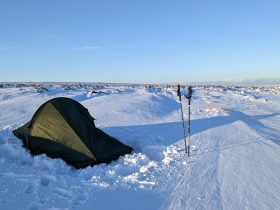
It’s winter. The weather is cold, grey, wet and windy and it’s dark by 4pm. Fell running at this time of year just isn’t much fun!
However, what about those blue sky days where the air is cold and crisp? What about those days after it has snowed and the weather has calmed down but it is still cold enough that the snow hasn’t turned to slush? What about those dark nights under a big moon and the lights of the nearest village twinkling in the distance – those are great days to be out on the hills!
In this post Dave Taylor (Fell Running Guide) shares some of his top tips for getting out in the winter weather safely.

In Part 2 of our coach onboarding series, the team from Xhale present to you some of the basics of coaching using the platform, how to make your coaching more efficient, and how to build plans without your athletes seeing what you are working on.
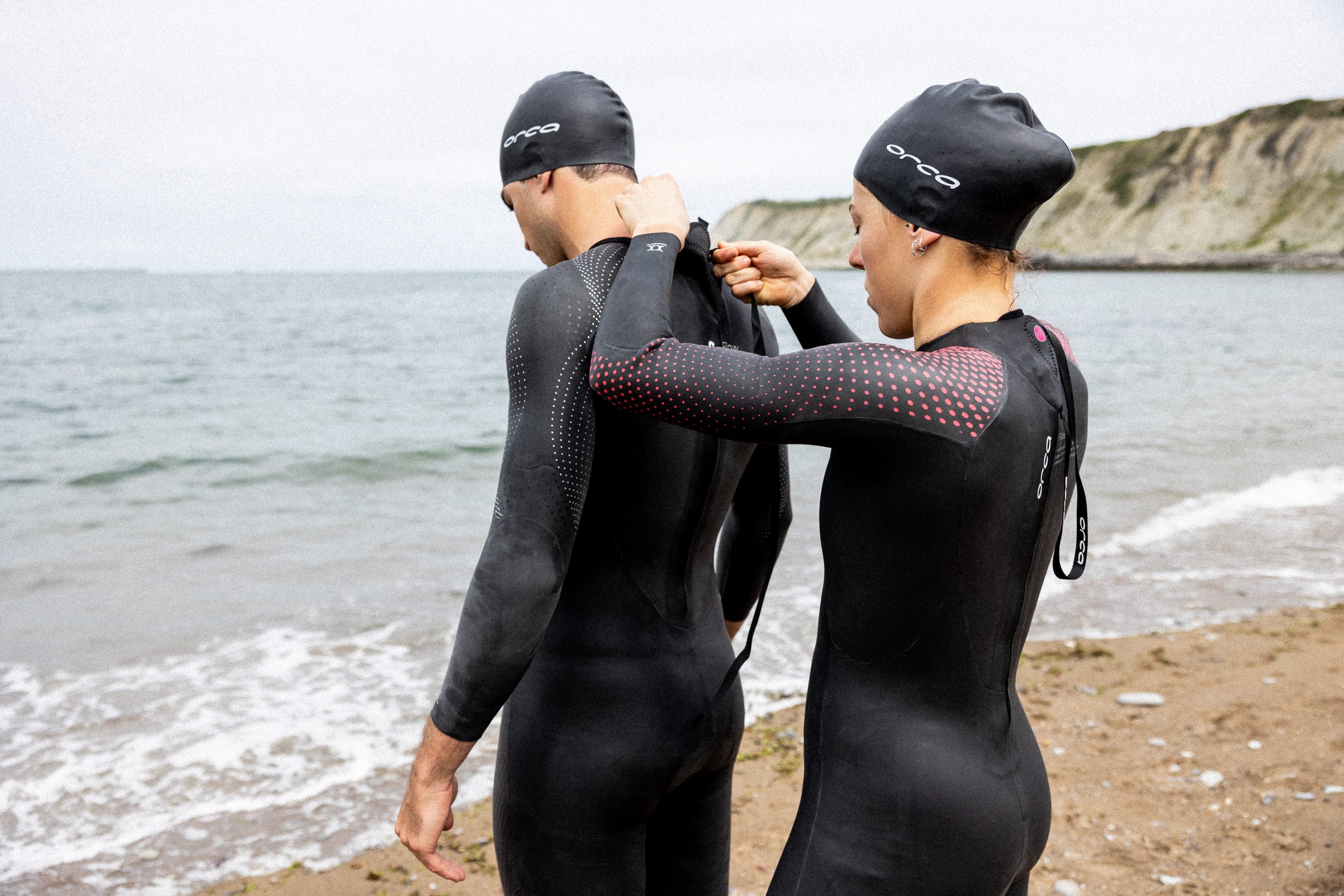
Wetsuit technology has come a long way in the last 5 years, and for the majority of people, if your wetsuit is older than 5 years then investing in a new one will have a significant impact on your swim times. But how do you choose the right one for you?
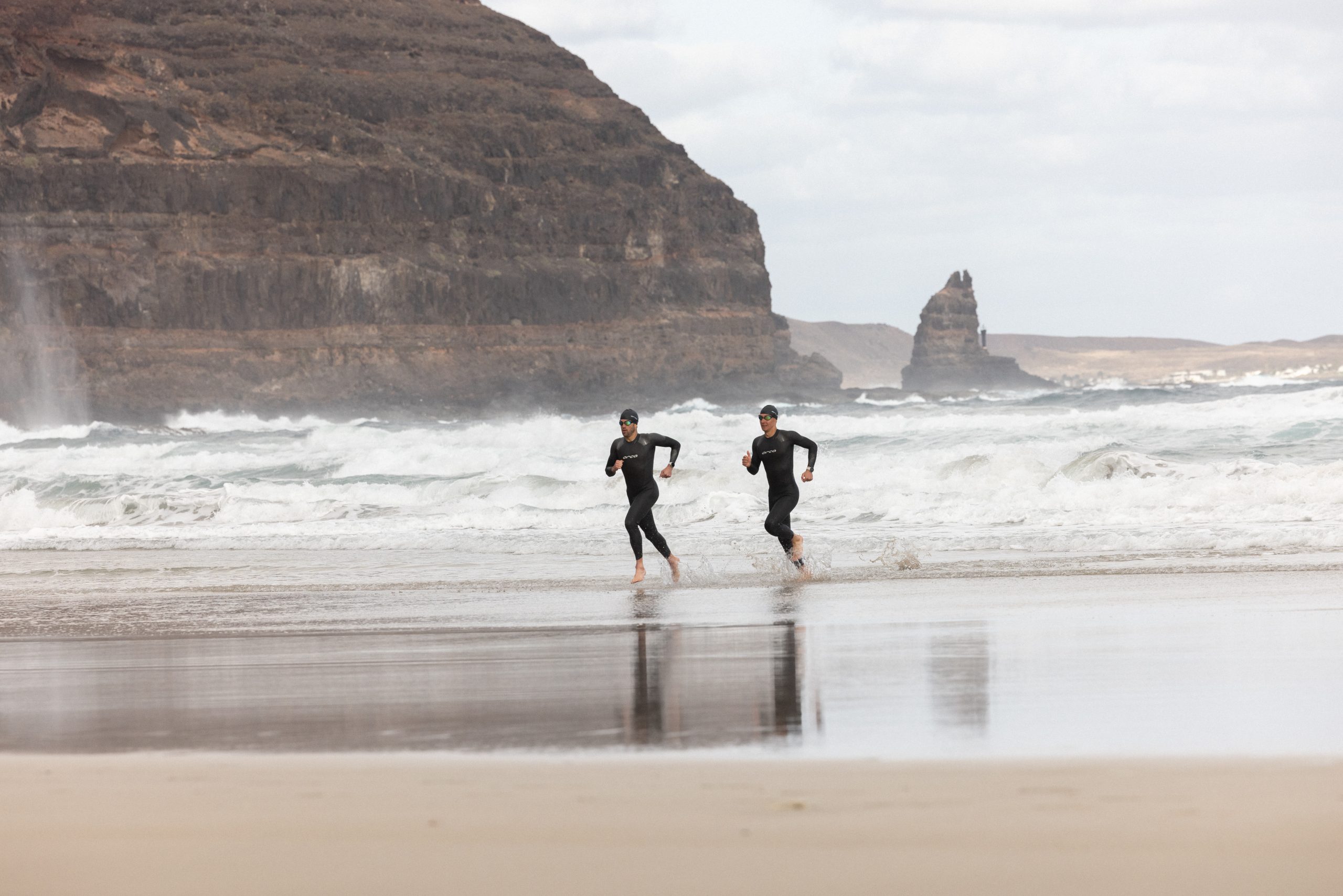
Xhale co-founder and hugely experienced triathlon coach Mark Livesey talks us through why for some athletes their pool swimming speed doesn’t translate to open water, and what they can do about it.

Caroline Livesey takes us through 6 Golden Rules for your day to day nutrition to help you get the most out of your training plan. While people are constantly looking for quick fixes to help with weights or energy management, as this article points out – if you don’t get the basics right you will never progress no matter how hard you train.
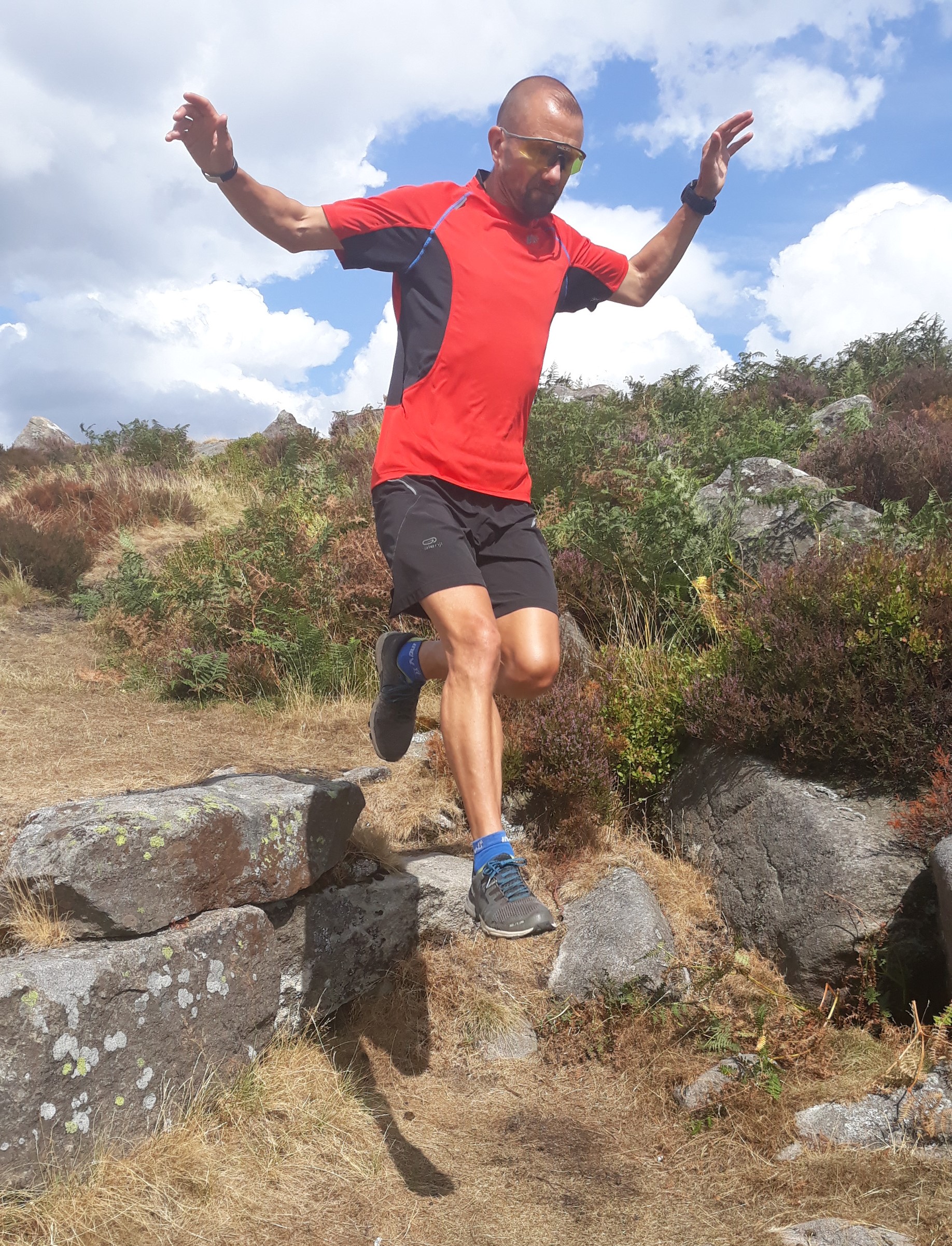
Fell and trail running seasons are notoriously varied, long, and difficult to train for. Here coach and mountain expert David Taylor of Fell Running Guide takes us through ways of structuring your season and training to get the best from yourself in these arduous races. He covers picking races, strength training, common mistakes and how to juggle all the demands on your body.
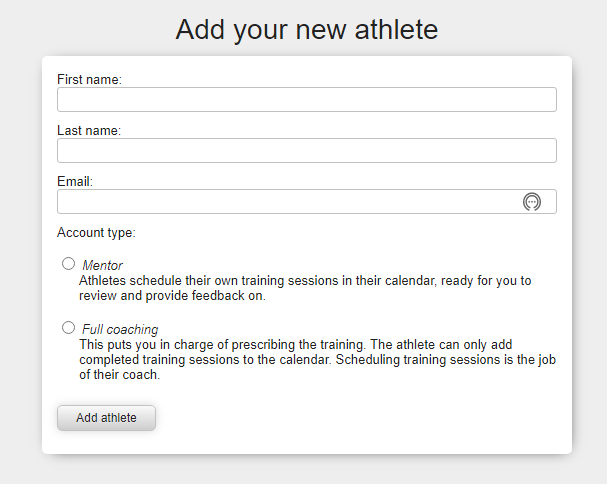
This is part 1 of our coaching resources – specifically for coaches and athletes using XHALE. Here you can learn about downloading the app, what the app can do for you, how to get started with onboarding athletes, and setting up their training programmes.
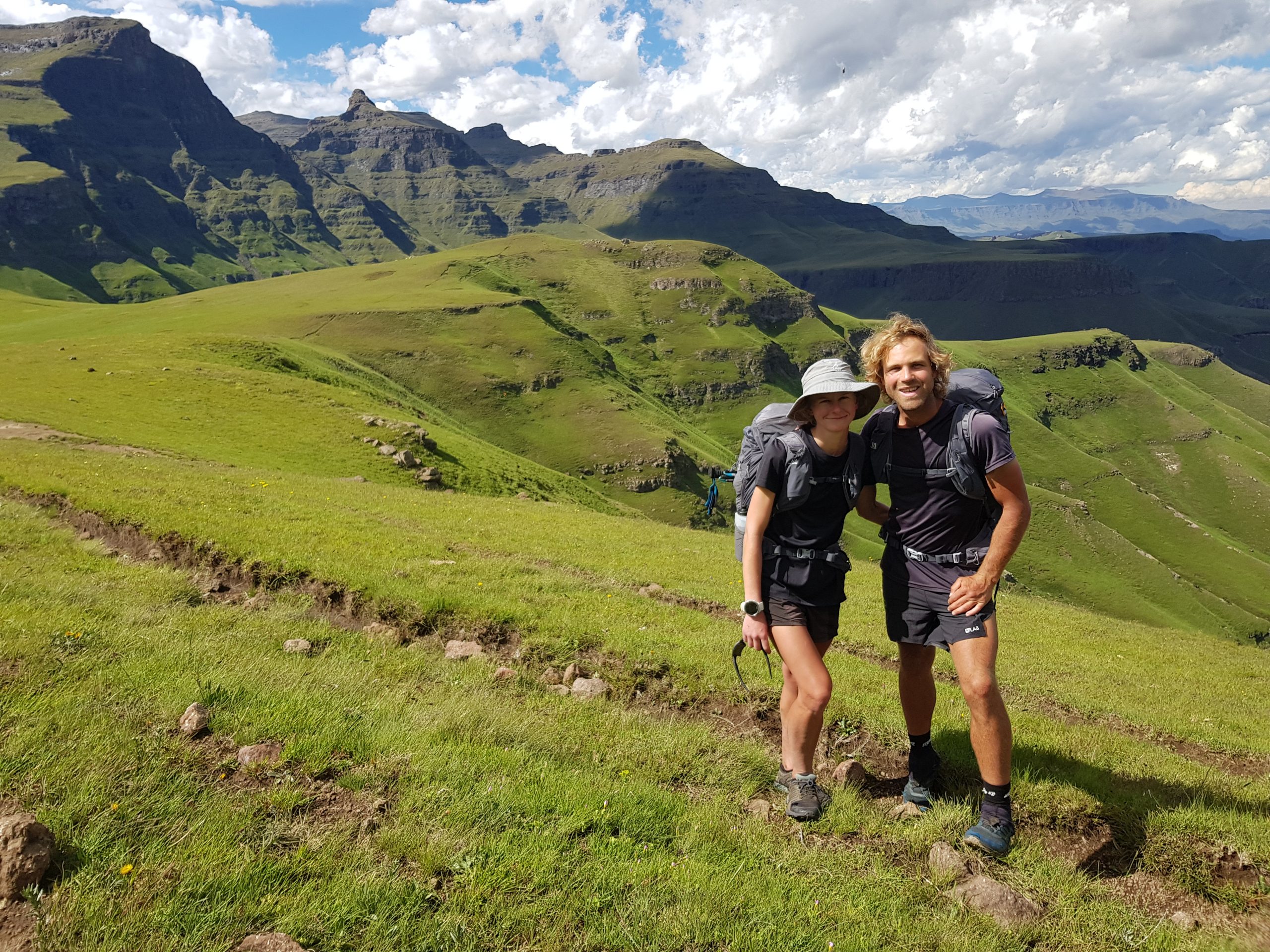
Pierre and Nicolette from Mountain Abandon were early adopters of our RPE scale for athlete feedback. In this article they present the science behind RPE, how they track athlete progress/fatigue with this data, and why they believe it develops the athletes inherent ability to self govern. In ultra running and endurance sports, being able to pace yourself correctly and evaluate intensity is key to success in both training and racing. With RPE we have a consistent measurement relaying only on the athletes brain, overcoming issue with poor data from devices which cannot know weather temperatures, caffeine consumption, sleep deprivation and other variables.